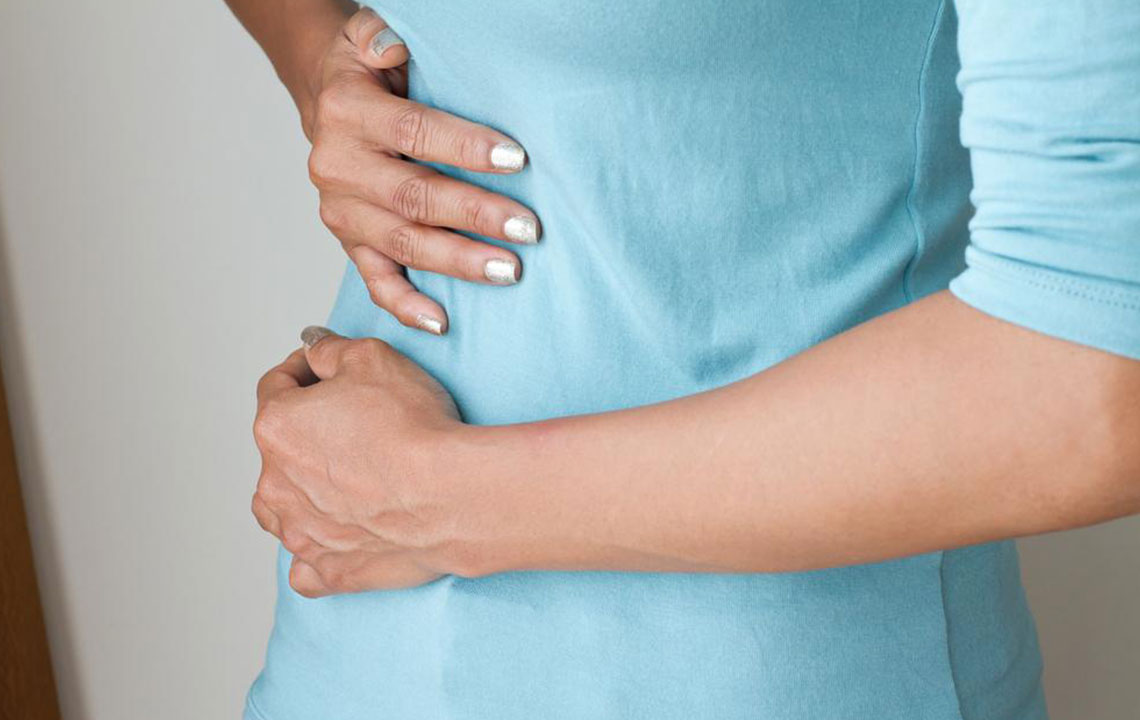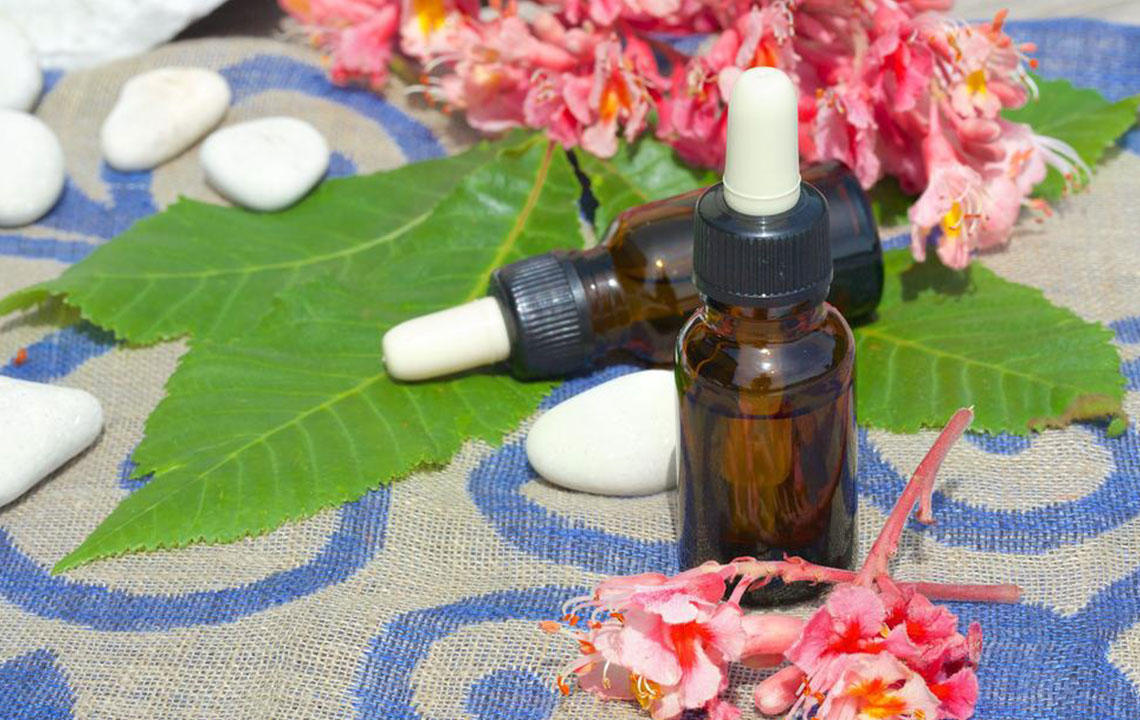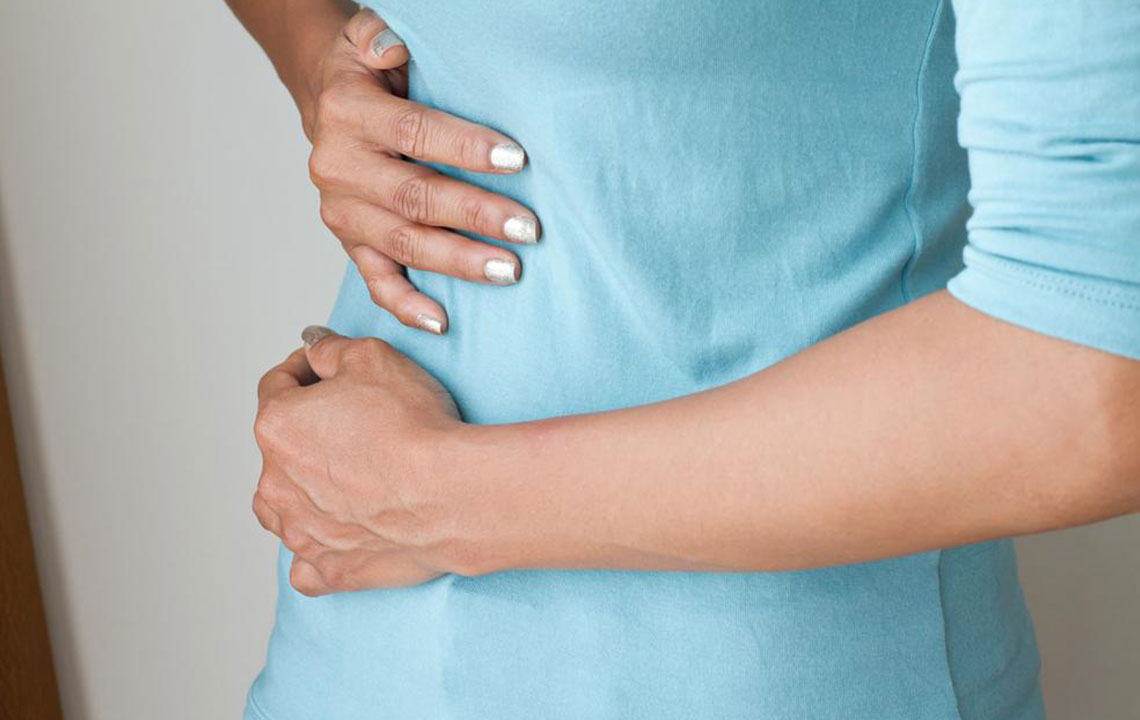Comprehensive Guide to Recognizing and Managing Hemorrhoids Effectively
This comprehensive article delves into effective strategies for recognizing and managing hemorrhoids. It emphasizes early symptoms, lifestyle adjustments, dietary tips, and natural remedies, providing readers with practical guidance to prevent complications and promote healing. Emphasizing medical consultation and home treatments, it aims to help individuals maintain anal health and avoid invasive procedures in the future.

Understanding Hemorrhoids: Symptoms, Prevention, and Treatment Options
Hemorrhoids, a common anal condition, often cause discomfort, pain, and bleeding, but they can be effectively managed with timely recognition and appropriate treatment. The key to preventing complications lies in understanding the early symptoms and adopting healthy habits. Changes in lifestyle, such as reduced physical activity and poor dietary choices, have led to increased prevalence worldwide. Recognizing the subtle signs of hemorrhoids early on can significantly improve outcomes and reduce the likelihood of invasive procedures.
Normal hemorrhoids serve an essential role in controlling bowel movements; however, when these blood vessels become swollen or distended, they lead to various complications, such as bleeding, irritation, and in some cases, infections. If left untreated over time, enlarged hemorrhoids can develop into severe issues, necessitating surgical intervention. Therefore, understanding the effective strategies for managing hemorrhoids is vital for maintaining anal health and overall well-being.
Below, we explore comprehensive methods and lifestyle adjustments to help alleviate hemorrhoid symptoms, prevent their formation, and promote healing:
Monitoring Symptoms Diligently
Awareness is crucial—ignoring warning signs like blood during bowel movements, lumps, or pain can lead to worsening conditions. Prompt consultation with healthcare professionals upon noticing these symptoms ensures early diagnosis and intervention.
Enhancing Dietary Fiber Intake
Consuming a diet rich in fiber, including fruits, vegetables, whole grains, and salads, supports healthy digestion and regular bowel movements. Fiber not only softens stool but also reduces straining during defecation, minimizing stress on anal vessels.
Seeking Medical Assistance Promptly
Medical consultation should never be delayed due to embarrassment or hesitation. Doctors can recommend suitable medications like topical ointments, suppositories, or oral medications that effectively reduce inflammation and discomfort. Early treatment prevents the progression of hemorrhoids into more severe forms.
Hydration is Key
Adequate water intake—at least 8-10 glasses per day—helps maintain soft stools and facilitates smooth bowel movements. Proper hydration dilutes intestinal contents, preventing constipation and reducing anal strain.
Restricting Junk and Fast Food
Fast foods high in unhealthy fats, fried items, and processed sugars contribute to constipation and can increase intra-abdominal pressure, aggravating hemorrhoids. Emphasizing a healthy diet minimizes these risks.
Natural Remedies: Aloe Vera
Aloe Vera possesses anti-inflammatory and healing properties. Applying pure Aloe Vera gel topically or consuming it in moderation can soothe inflamed tissues, reduce swelling, and promote tissue repair. Including Aloe Vera in daily routines can also improve overall digestion.
Implementing Sitz Baths
Soaking the affected area in warm water for 15-20 minutes after bowel movements provides pain relief, reduces inflammation, and relaxes anal musculature. Regular sitz baths are a simple yet effective home remedy that enhances recovery.
Prioritizing Medical Advice over Self-Medication
While over-the-counter treatments are available, professional medical guidance ensures correct diagnosis and treatment. Self-medication may mask symptoms or worsen the condition, whereas early professional intervention can prevent invasive procedures.
External Relief Using Epsom Salt and Glycerine
A soothing mixture of Epsom salts and glycerine applied externally can alleviate external hemorrhoid pain and swelling. Using clean gauze, apply the mixture directly to affected external hemorrhoids multiple times daily for optimal relief.
Managing hemorrhoids effectively requires a combination of lifestyle modifications, prompt medical attention, and the use of proven home remedies. Maintaining a balanced diet rich in fiber, staying well-hydrated, and avoiding foods that trigger constipation are foundational steps. Additionally, early diagnosis and appropriate treatment can prevent the condition from worsening and avoid surgical procedures. Incorporating simple home remedies such as sitz baths and natural ointments can significantly reduce discomfort and promote healing. Ultimately, understanding your body’s signals and responding proactively with medical and lifestyle interventions is essential for long-term anal health and overall quality of life.
In conclusion, hemorrhoids are a manageable condition when given proper attention and care. Avoid neglecting symptoms, adopt healthy habits, and seek professional help early to ensure effective treatment and swift recovery. By integrating these strategies into daily routines, individuals can reduce the risk of complications and enjoy a healthier, more comfortable life.





